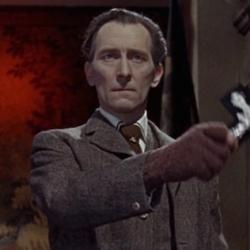Jeff Menne argues that the films of Francis Ford Coppola are films about the business of film, and specifically about Francis Ford Coppola’s place in that business.
The film industry that Coppola first entered, Menne argues, is a classic example of “Fordism,” of the mechanization and routinization of work. For Coppola, Ford wasn’t just designing cars, but “designing cities as well,” and Coppola’s ambitions were similarly huge: To challenge the Fordism of the film industry and to reinvent it. Menne doesn’t think that Coppola changed Hollywood by himself, but rather that he played an important role in redefining the work of individuals.
The “auteur” theory of filmmaking was the bridge to that redesigned film industry. It broke the production line of film-making, focused on the single filmmaking genius. If it wasn’t altogether true, its mythology at least challenged the status quo. For Menne, auteur theory was the bridge between “Old and New Hollywood.”
This is evident not only in the way Coppola ran his business, but in the films that he made. Tucker in particular becomes a sort of allegory of Coppola’s own challenge to the Fordists of film. On a large scale, the film exposes the hypocrisy of America, which on the one hand encourages the risk-taking innovator (or pretends to) while on the other hand suppressing him when he gets out of hand with lawsuits, big money, and corrupt politicians.
More narrowly, the film is about Coppola’s entry into the film industry. In the end, the film doesn’t vindicate auteurs. The saving action of the film comes from the factory workers who work for nothing to produce the cars that the lawsuit says Tucker never intended to make. It’s a film about film disguised as a film about auto-making.










